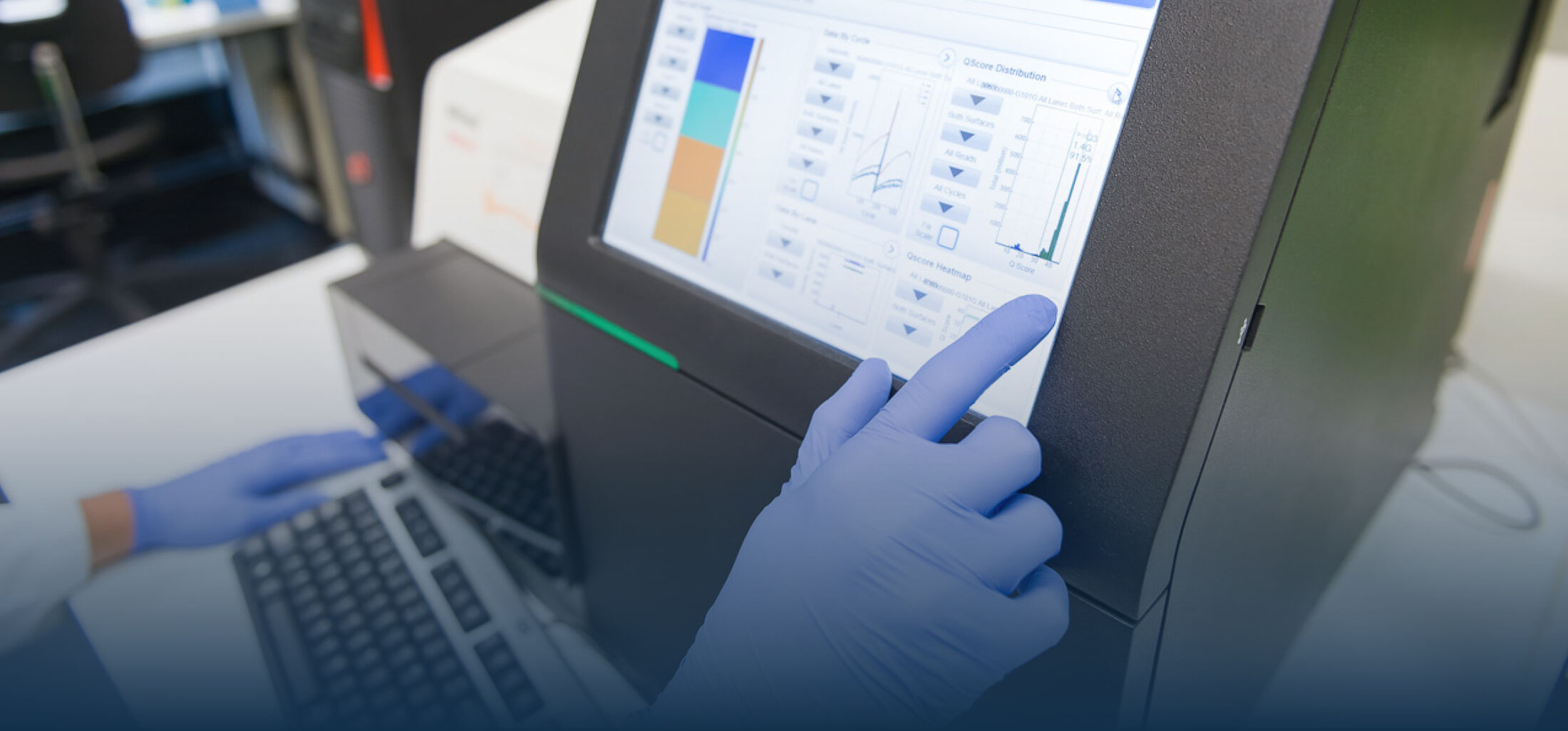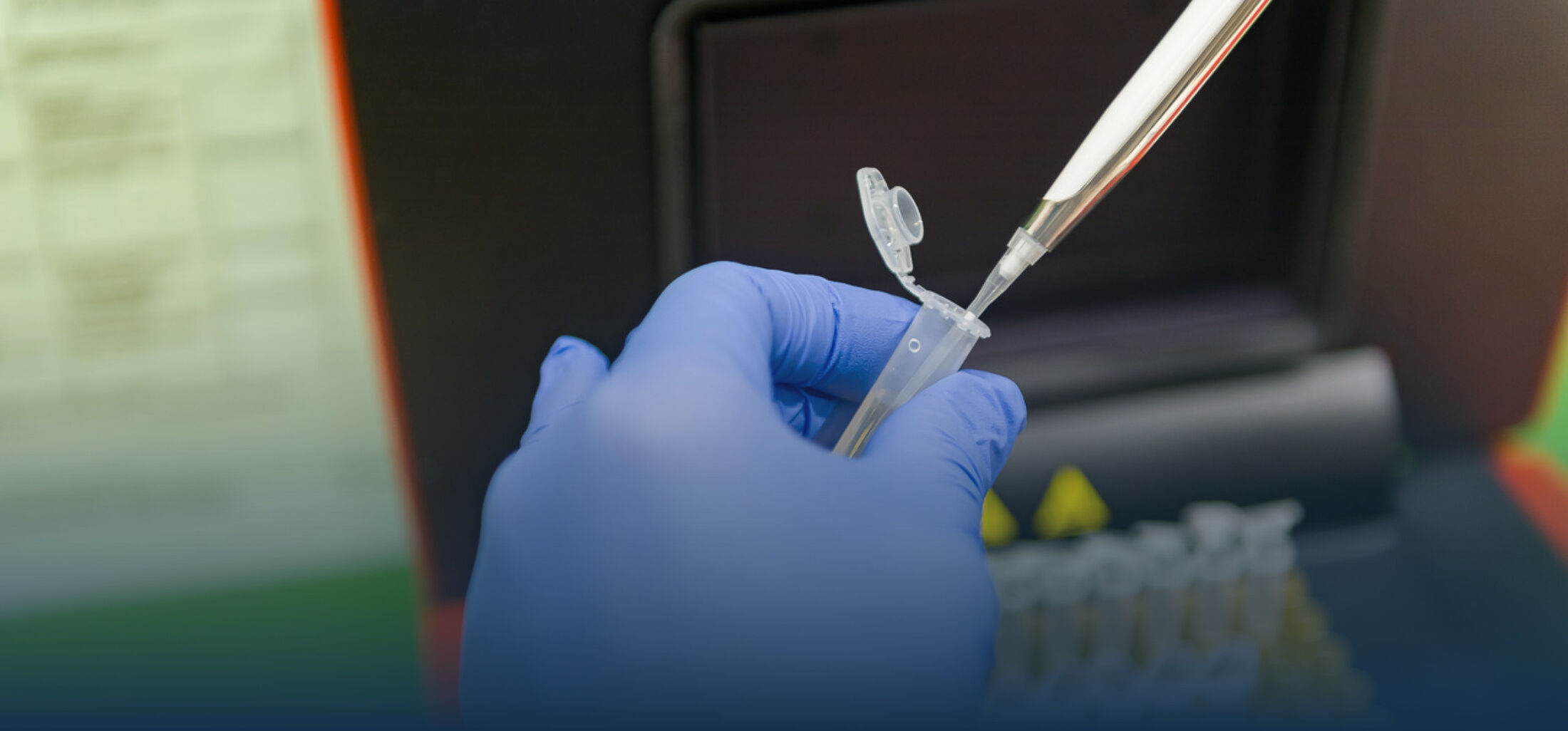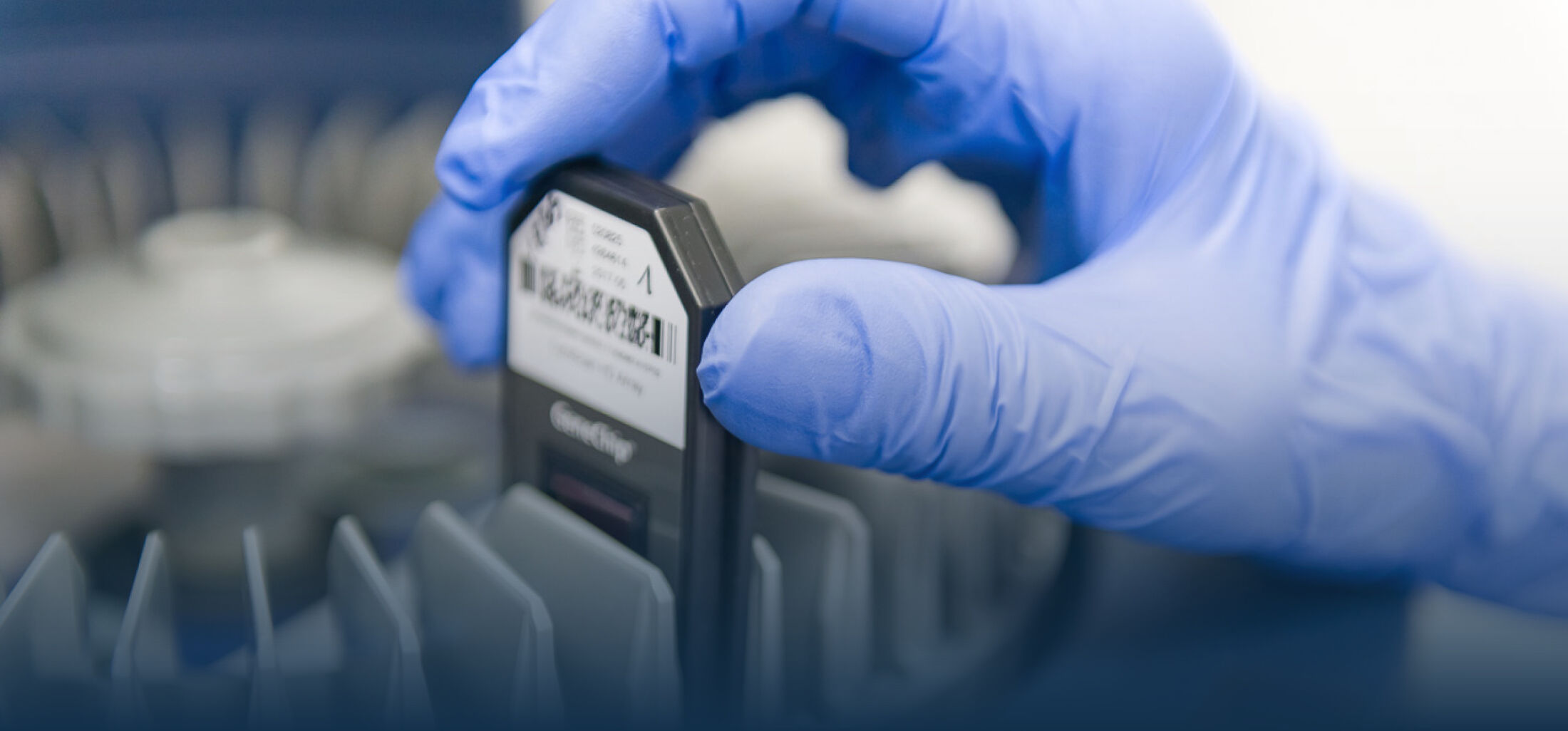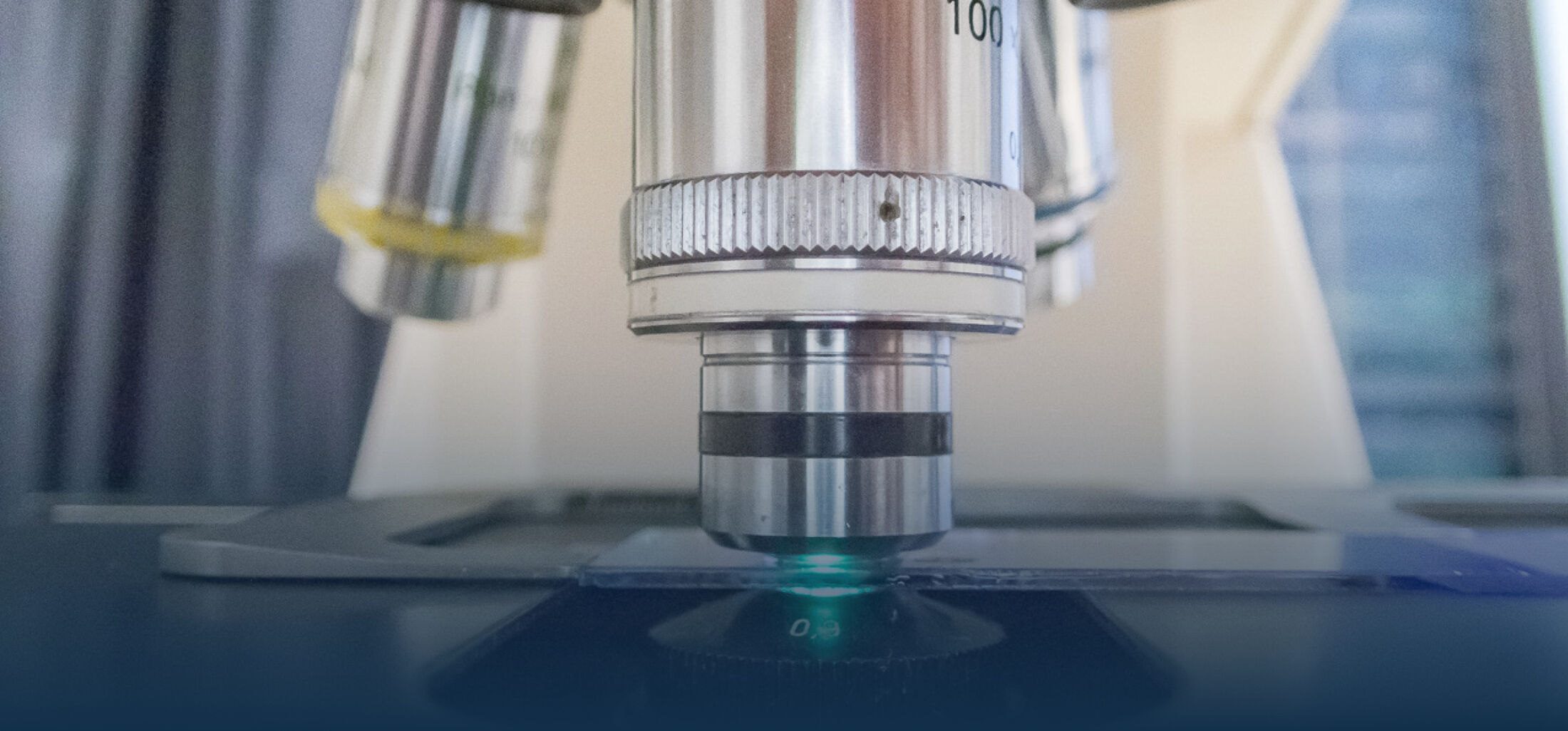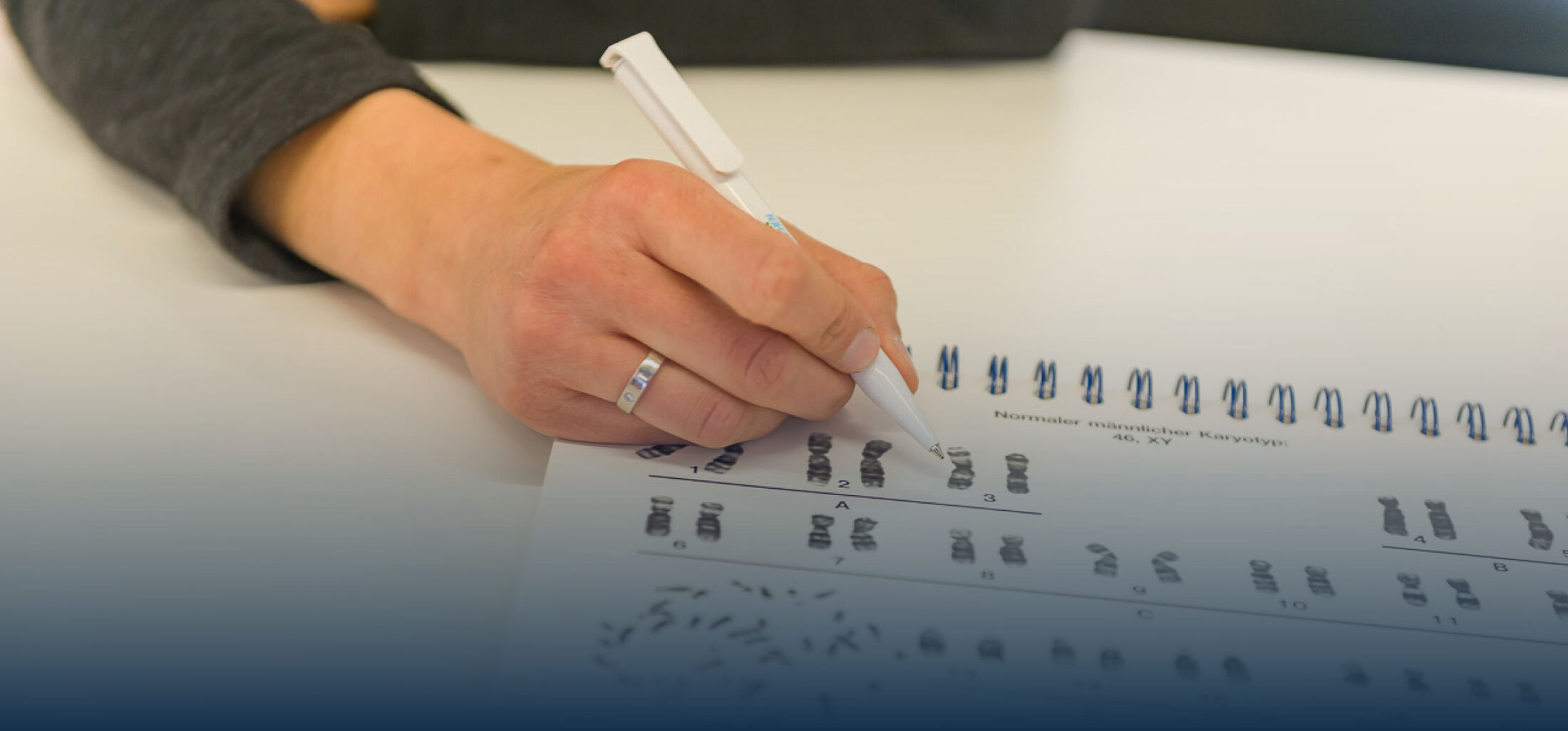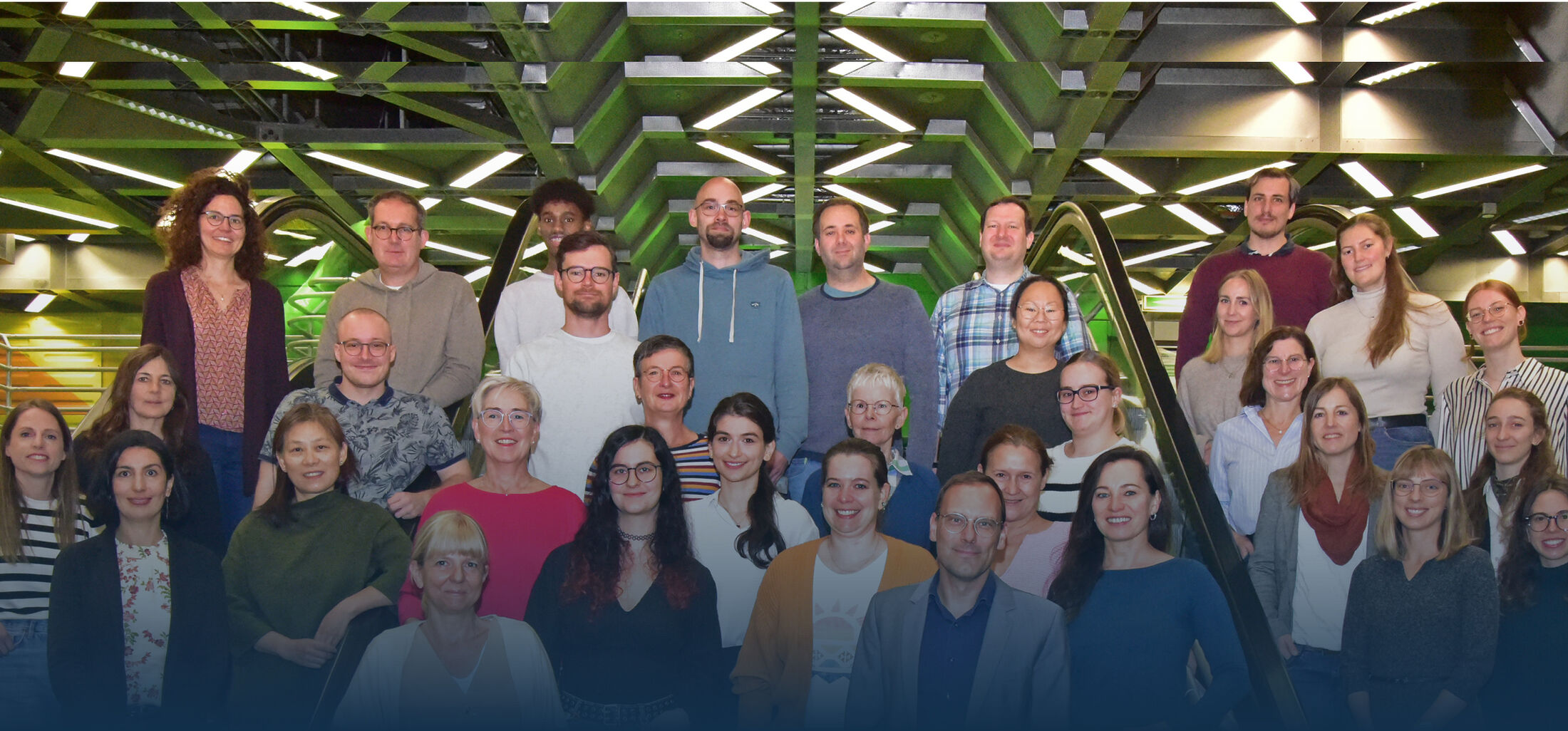Qualification Profile Molecular Medicin
Courses in the qualification profiles are first offered starting in the second component of the Aachen "Modellstudiengang Medizin" (Model degree program of medicine). The Center of Human Genetics and Genomic medicine coordinates the qualification profile Molecular Medicine. The aim of this qualification profile is to understand the causes of diseases at a molecular and cell biological level, to research their significance for modern medicine and to identify new translational treatment options. The courses offer insights into research activities and their application in diagnostics, counseling and patient care. The curriculum covers clinical issues, the handling of scientific data and their application in medical laboratory diagnostics and clinical care research. It places particular emphasis on the qualification for scientific work and also offers courses to prepare for the implementation of a doctorate. A certificate can be obtained by collecting 15 CPs from profile courses. In exceptional cases, courses from other qualification profiles can also be recognized. There is no joint examination; the certificate contains a list of the courses attended. Individual courses can be attended over several semesters.
Within the Molecular Medicine qualification profile, the Center of Human Genetics and Genomic medicine offers the following courses, among others:
MM018 – Mutation analysis in human genetics
In this seminar, basic methods of human genetic laboratory diagnostics are presented. Diagnostic methods and strategies will be discussed based on various clinical pictures. In addition to the classic methods (PCR, electrophoresis, sequencing), current techniques (MLPA, microarray, NGS) will also be presented, with particular emphasis on the possibilities and limitations. Another focus is on the interpretation and communication of laboratory results.
MM019 - Mutation analysis using the example of spinal muscular atrophy
In this exercise, basic methods of human genetic laboratory diagnostics are carried out using the example of spinal muscular atrophy. In practice, PCR, restriction digestion, gel electrophoresis, MLPA and fragment analysis are used. Another focus is on the use of NGS-based technologies. Selected examples are used to analyze post- and prenatal situations using direct and indirect strategies. A major focus is on the interpretation and communication of laboratory results.
MM069 – Clinical genetics
Genetic issues are becoming increasingly important in everyday clinical practice.
- What are the indications of a hereditary disease?
- What diagnostics do I need to initiate?
- How do I initiate genetic diagnostics?
- How do I read a genetic finding?
- What significance does a conspicuous genetic finding have for the further support of my patients?
- What are the probabilities of recurrence?
- How does human genetic counseling and diagnostics work?
The answers to these and other practical questions will be worked out together in this seminar using current, interdisciplinary examples from genetic counseling and consultation.
MM074 – The human genome in your hands? Identifying and understanding genetic variants
Are you interested in the causes of unusual clinical pictures, complex symptom constellations and rare diseases? Then attend this event and join us in identifying the molecular causes of rare genetic syndromes and diseases. Join us in the search for the proverbial needle in the haystack and put your differential diagnostic skills to the test. Using the latest diagnostic guidelines, we will develop the basics of molecular genetic diagnostics using state-of-the-art technologies such as whole exome sequencing. You will learn to understand the difference between normal genetic variance and disease-causing changes and try your hand at solving real patient cases. Improve your expertise, combination skills and understanding of technology in the context of genomic medicine, an absolute future area of patient care. Become Dr. House when cases with extremely rare and exciting disease patterns need to be solved.
MM075 Student molecular tumor board - personalized medicine up close
Personalized medicine is the medicine of the future! Be part of it!
In our Student Molecular Tumor Board (MTB) course, you will become an expert yourself and discuss molecular examination results in an interdisciplinary exchange based on real patient cases within the framework of molecular tumor boards. In an exchange with each other and with the lecturers, you will develop precision medicine therapy recommendations based on findings from next-generation sequencing examinations and formulate corresponding recommendations against the background of the individual patient situation. Learn the basics of personalized tumor therapy in our hands-on learning event.
![[Translate to Englisch:] [Translate to Englisch:]](/fileadmin/files/institute/humangenetik/_processed_/9/4/csm_Header_Paper_of_the_month_Florian_Kraft_68ef11073b.jpg)
